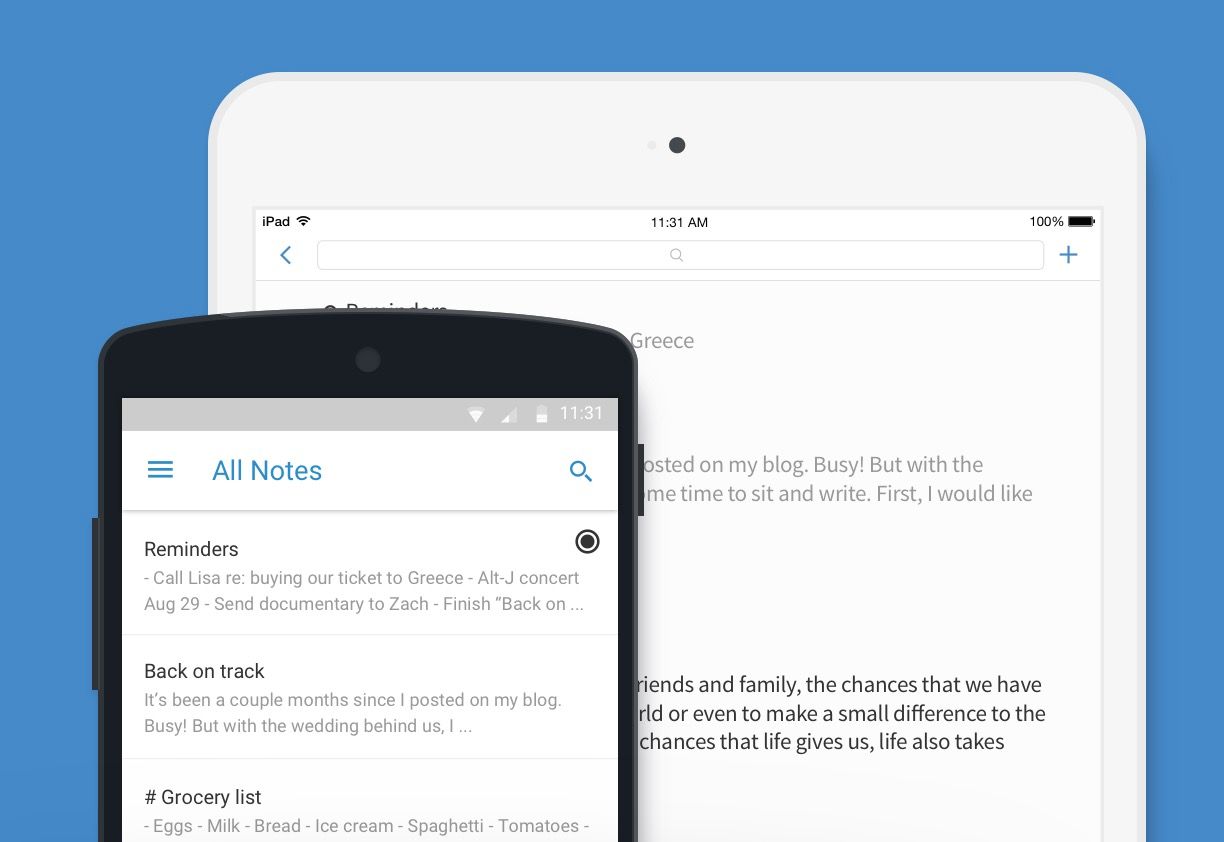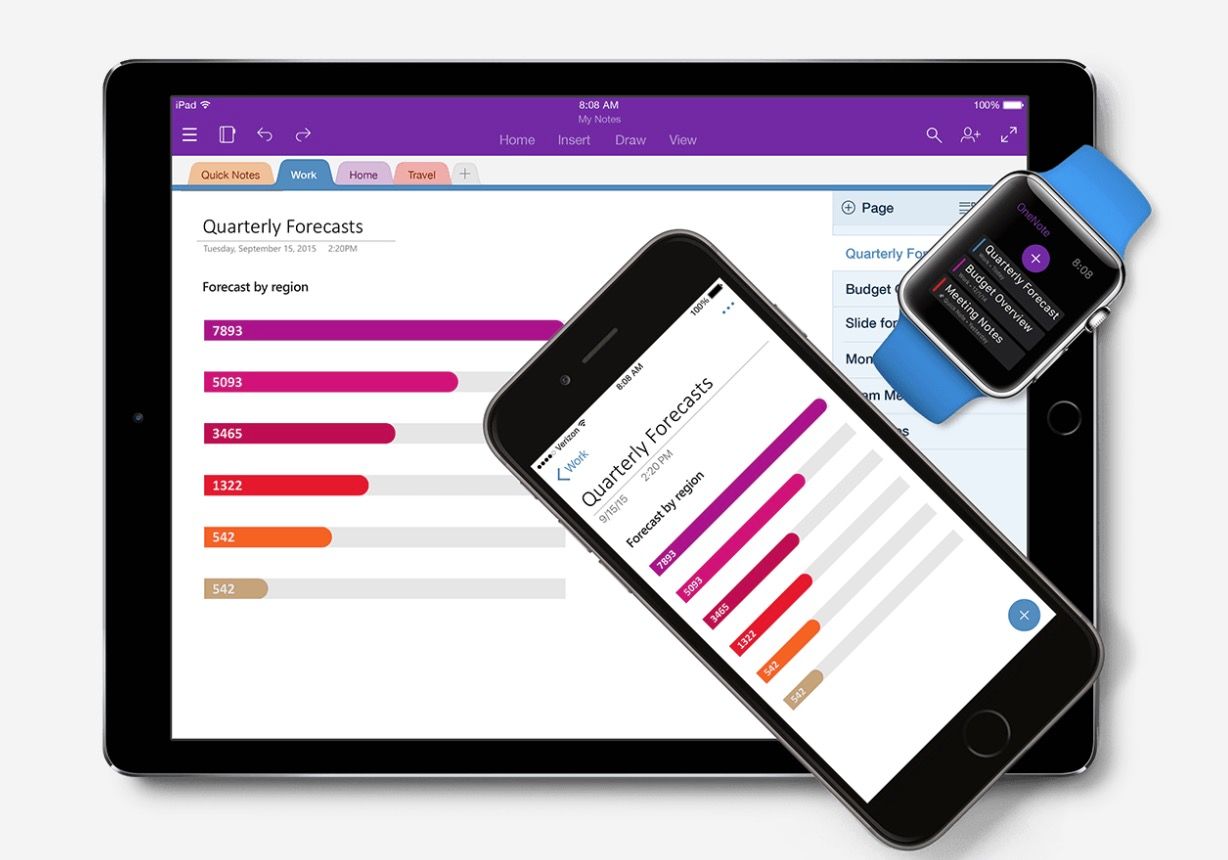Evernote recently updated its privacy policy to include some alarming changes, and users have threatened to ditch the note-taking service.
In a privacy policy release, unveiled on 14 December 2016, Evernote said its employees sometimes review users’ notes in an effort to improve the company’s machine-learning capabilities, which may include searching with natural language queries. Although users could opt-out of the newest changes, Evernote employees still had access your data, like for resellers, sales and delivery requests, and law enforcement, according to ZDNet. Forbes even noted some Evernote employees "have always been able to access user content, but somehow no one noticed".
Look at Twitter to see how users are responded to the news. (Hint: They weren't happy.) As a result, Evernote CEO Chris O’Neill published a note on 15 December to clarify that employees only view random notes, without any idea who they belong to, etc. Still, if you didn't accept the updated policy, which was due to go live 23 January 2017, you were basically left with the option of exporting your data and quitting the service.
Also, remember, Evernote doesn’t encrypt users’ notes by default, which makes them viewable to employees or hackers. While it does encrypt messages in-transit, they're still readable on the company’s servers. So, even if users aren't upset about the company peeking at their notes when it receives a legal warrant or to improve its machine learning, they should at least call upon Evernote to enable end-to-end encryption by default.
Or Evernote's 100 million+ users could just ditch the service altogether. When faced with that reality after the recent backlash it has received, Evernote did a quick save and responded once more. On 16 December, it promised to revisit its existing privacy policy to address customers’ concerns. In addition, it promised that no employees would be reading note content unless users opt in.
The new privacy policy, originally slated to go into effect in January, will be rewritten “in the coming months". Still, to ensure your notes are private, or if you're just done with Evernote now, here's three alternative apps to consider.
Microsoft OneNote
Evernote offers some powerful features, such as clipping content from websites, attaching PDFs to notes, drawing and table tools, and more. If you need granular organisational controls like these, consider OneNote by Microsoft. It’s completely free and offers a large feature set, including templates for notes that you customise and the ability to sort notes into tabs and notebooks.
Download: Windows | Mac | iOS | Android | Windows Phone | Web
SimpleNote

SimpleNote, which is from the company behind WordPress, is a very basic note-taking app. It lets you save and sync text across devices, and it supports MarkDown for formatting your text. It also lets you scroll through different versions of each note, allows you to publish your work to the web with a simple click, and auto-saves everything on both mobile and desktop. The interface is bare-bones, though; you get a note list, support for tags, and a search function. There's no ability to clip or merge notes. But it is free - with no usage limits.
Download: Windows | Mac | Linux | Android | Kindle Fire | iOS | Web
Google Keep
If you just want something that lets you jot down your thoughts quickly, and then those notes will auto sync across your devices, Google Keep is a good option. It lets you make notes, lists, and even supports scribbling by hand. You can also recording voice memos and capture images, but the simple interface keeps formatting options at a minimal. You can tag your notes to find them later. Plus, it automatically categorises them by topic. And if you want to clip from the web, you can use a Chrome extension to save pages, text, or images.
Download: Android | iOS | Web | Chrome
Still looking for more alternatives?
Here's two others you can explore:
- Workflowy (compatible with Android, iOS, and web)
- Google Docs (compatible with iOS, Android, and web)


